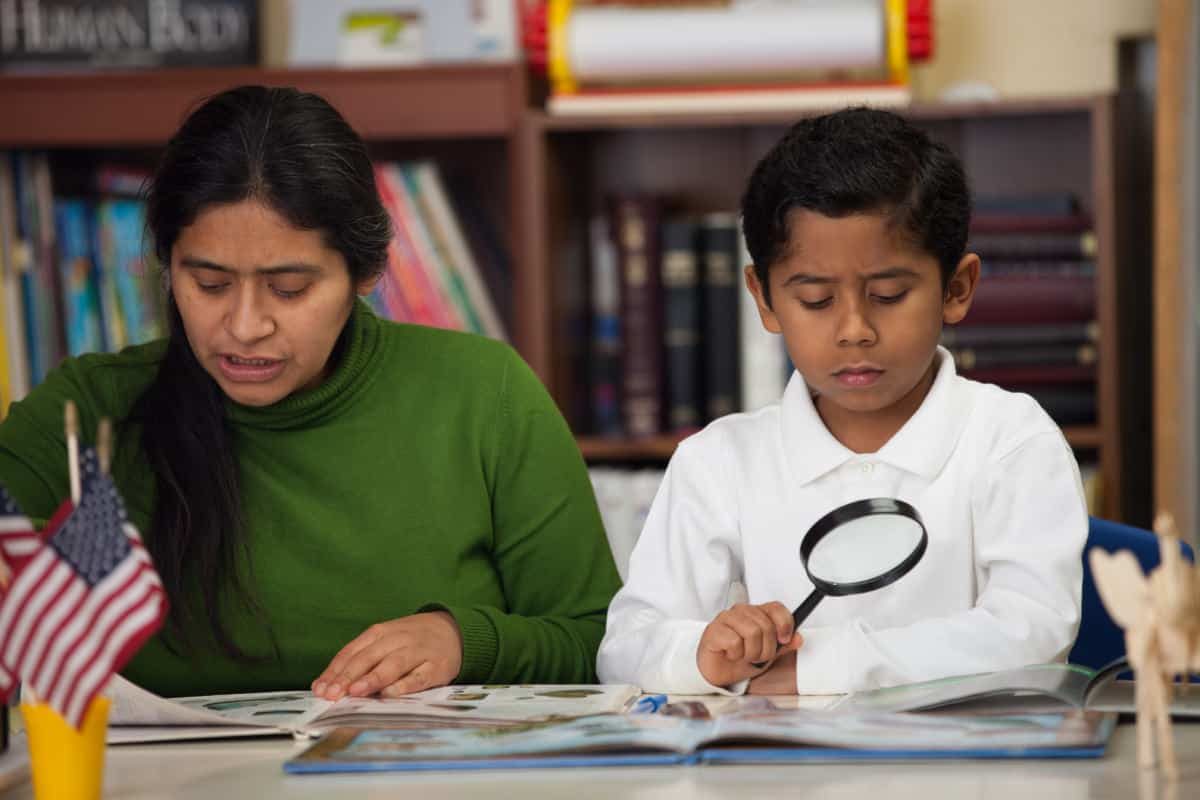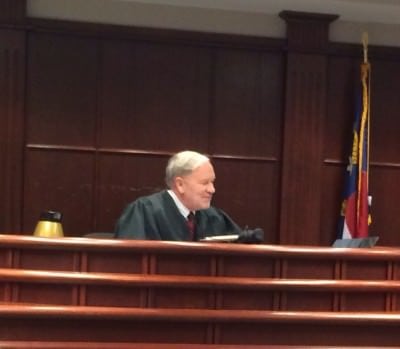
Last month, the North Carolina Division of Non-Public Education released statistics that estimate that over 100,000 students in North Carolina are educated in homeschools. That is more students than are served in private schools or charter schools. And if all of these homeschool students were brought together, they would comprise the third largest school district in the State, lagging only behind Wake County Schools and Charlotte-Mecklenburg Schools. Our legislation governing homeschools has only been lightly touched since first enacted in 1988. Since the North Carolina General Assembly has looked to Florida for education reforms in the past few years, let’s start with a comparison of requirements between these two states.
Parent qualifications
Florida: A parent is not required to hold a Florida teaching certificate.1
North Carolina: The person providing academic instruction is required to hold at least a high school diploma or its equivalent.2
Observation: It is not surprising that states do not set high credential standards for parents as it might interfere with their liberty interests in raising their children. However, with a low bar (or no bar), it becomes more important to have other means for assessing educational opportunities provided in homeschools. Florida does this. North Carolina does not.
Notice of intent to open homeschool
Florida: A parent notifies the district school superintendent of the intent to establish a homeschool and provides the names, addresses, and birthdates of all children who will be enrolled in the homeschool.3
North Carolina: A parent submits the form for notice of intent to open a home school to the NC Division of Non-Public Administration. The form requests certain information, including the home school name and address, names of adults providing academic instruction, identification of whether the school is religious or non-religious, and the gender and ages of the children. The form does not include the names of the children or any other unique child identifier.
Observation: The Florida law has two advantages over the North Carolina law. It tracks each child in homeschool. Along with improved data collection, it also provides some means of identifying where children are for the purpose of compulsory attendance requirements and for the State’s and collective society’s interest in the safety of children. Rather than a state agency, it keeps the local school district in the loop, maintaining communication between the parent and the school district where the child resides.
Maintenance of education records
Florida: The parent is required to maintain a portfolio that includes a log of educational activities that is made contemporaneously with the instruction and that designates by title any reading materials used, along with samples of writings, worksheets, workbooks, or creative materials used or developed by the student.4
North Carolina: No requirements.
Observation: A portfolio requirement provides some consistency in how parents keep information on the education progress of their children. It substantiates student attendance records and provides useful education records for making placement decisions if the parent seeks to enroll the child in public or private school.
Inspection of educational records
Florida: The parent is required to maintain the portfolio for 2 years and make it available for inspection by the school superintendent upon 15 days’ written notice.5
North Carolina: There are no requirements of a portfolio of education records.
(The homeschool is required to maintain an annual evaluation for one year, immunization records, and student attendance records which are subject to inspection by the Division of Non-Public Education.)
Observation: The Florida provision creates a means of accountability that the portfolio is properly maintained. It again places the relationship between the local school district and homeschool rather than with a state agency. Since there is no portfolio requirement in North Carolina, there is no corresponding provision of inspection of records.
Method of student evaluation
Florida: The parent is responsible for an annual evaluation of the student in one of the following ways:
- a licensed teacher reviews the student’s educational progress based upon review of the portfolio and discussion with the student; or
- a licensed teacher administers any nationally normed student achievement test; or
- a licensed teacher administers any state student assessment test used by the school district and at a location and under testing conditions approved by the school district; or
- a licensed psychologist or student psychologist evaluates the student; or
- any other valid measurement tool agreed upon by the parent and the school district.6
North Carolina: The parent is responsible for ensuring the annual administration of a nationally standardized test or equivalent measurement in areas of English grammar, reading, spelling, and mathematics.7
Observation: The Florida law is superior in providing the parent with multiple choices for evaluating the student and in providing a role for a licensed teacher or psychologist to conduct or administer the evaluation. This provides a helpful balance to the lack of credentials required of the parent and helps ensure proper test conditions. Neither law adequately addresses high school subject areas.
Review of the evaluation
Florida: The district school superintendent shall review the results of the annual educational evaluation. If the student does not “demonstrate educational progress at a level commensurate with his or her ability” the superintendent shall notify the parent in writing. The parent then has one probationary year to provide remedial instruction before the student is evaluated again to determine if he or she is making educational progress commensurate with ability. The continuation of homeschool is contingent on making this progress in the probationary year.8
North Carolina: The homeschool is required to maintain the annual evaluation for one year and make it available to the Division of Non-Public Education upon request.9
Observation: In North Carolina there is no official with authority to review the educational progress of students in homeschool. While the Division of Non-Public Education could inspect to see that an annual evaluation is conducted, it has no authority to assess educational progress. The State and the collective society have an interest in the safety and well-being of students. Without a means like the Florida law, children not making reasonable education progress can trail years behind their peers. The Florida law provides a reasonable balance of interests by providing parents with options for evaluating educational progress without interference in their homeschool unless the child is not adequately progressing.
This is a comparison to just one other state. In future articles, I will explore other ways to strike a balance between the interests of parents to raise their children as they see fit and our collective interests in the safety and well-being of all children – including the more than 100,000 in North Carolina who are educated in homeschools.
This is admittedly a touchy subject. Homeschool parents who are doing a good job may resist and resent any broader role for the State or school districts. On the other hand, some educators express dismay at the lost time and educational opportunities for children who have not been served well. That’s why we need to talk about it.
Recommended reading



